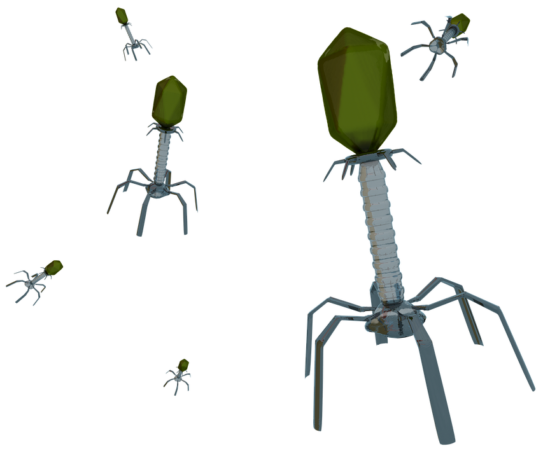Prophages are Infrequently Associated With Antibiotic Resistance in Pseudomonasaeruginosa Clinical Isolates
A study on 187 clinical isolates of Pseudomonas aeruginosa in patients with cystic fibrosis (CF) found that lysogenic phages, which can integrate their genome into the bacterial chromosome, are infrequently associated with antimicrobial resistance (AMR). The study found no significant association between the number of prophages per isolate and the mean inhibitory concentration for any of the five anti-pseudomonal antibiotics. The findings suggest that prophages are not directly encoded on prophage sequences.
AMR NEWS
Your Biweekly Source for Global AMR Insights!
Stay informed with the essential newsletter that brings together all the latest One Health news on antimicrobial resistance. Delivered straight to your inbox every two weeks, AMR NEWS provides a curated selection of international insights, key publications, and the latest updates in the fight against AMR.
Don’t miss out on staying ahead in the global AMR movement—subscribe now!







